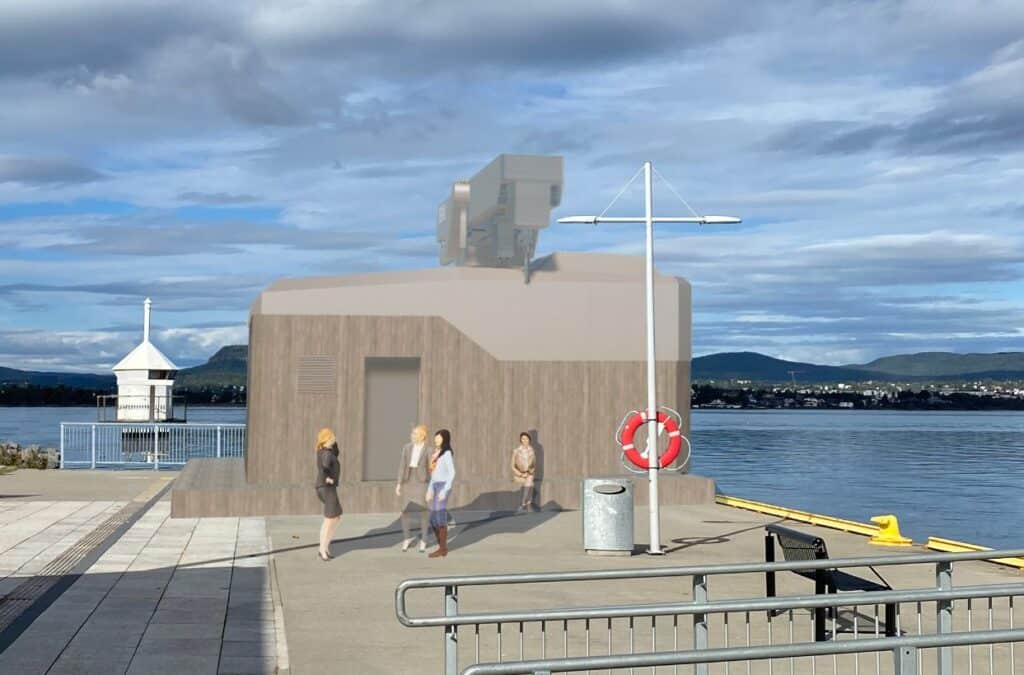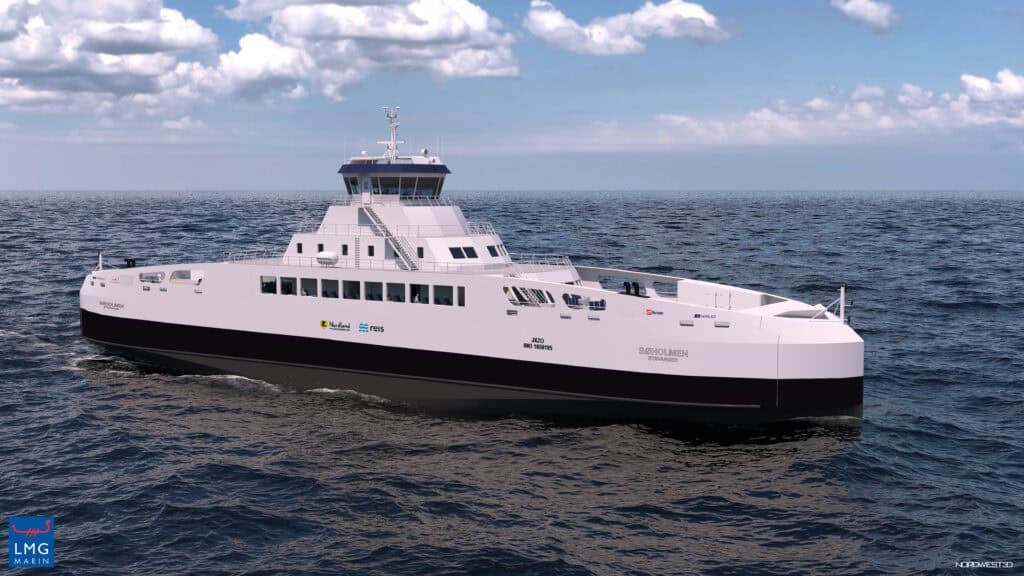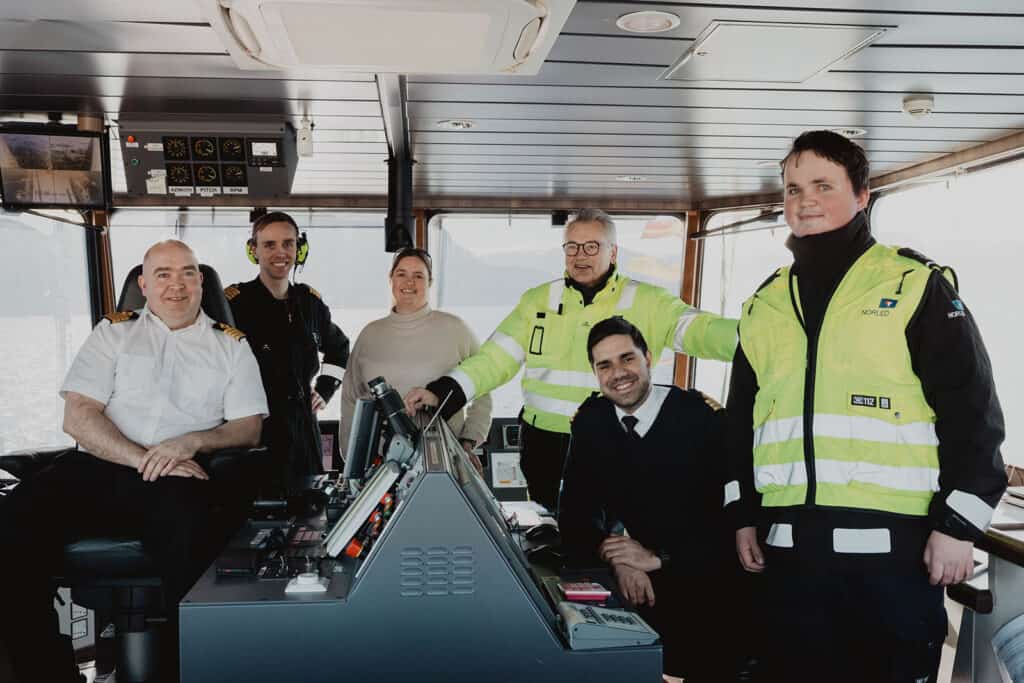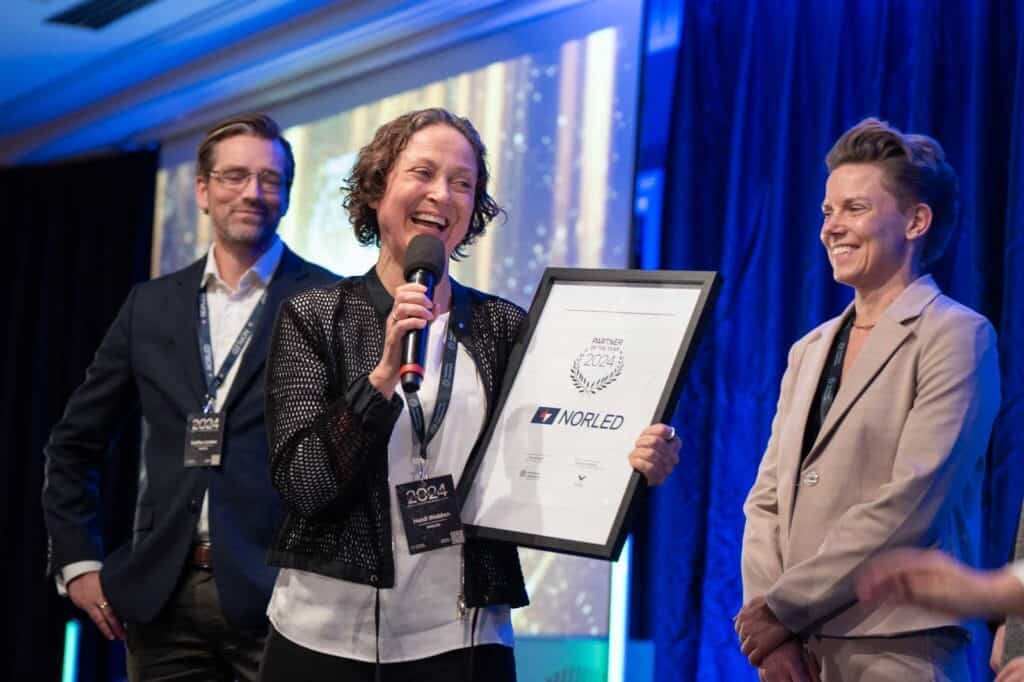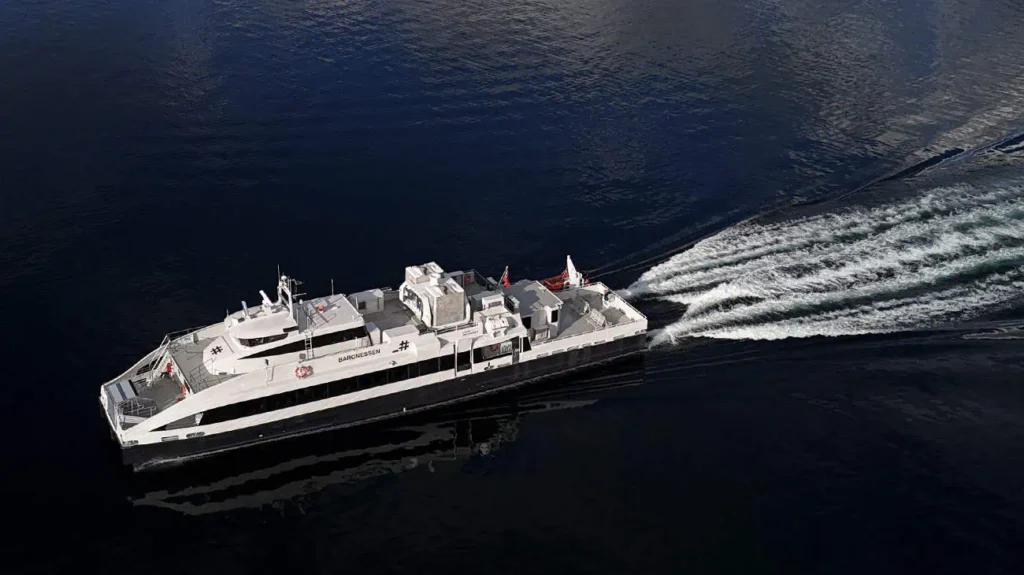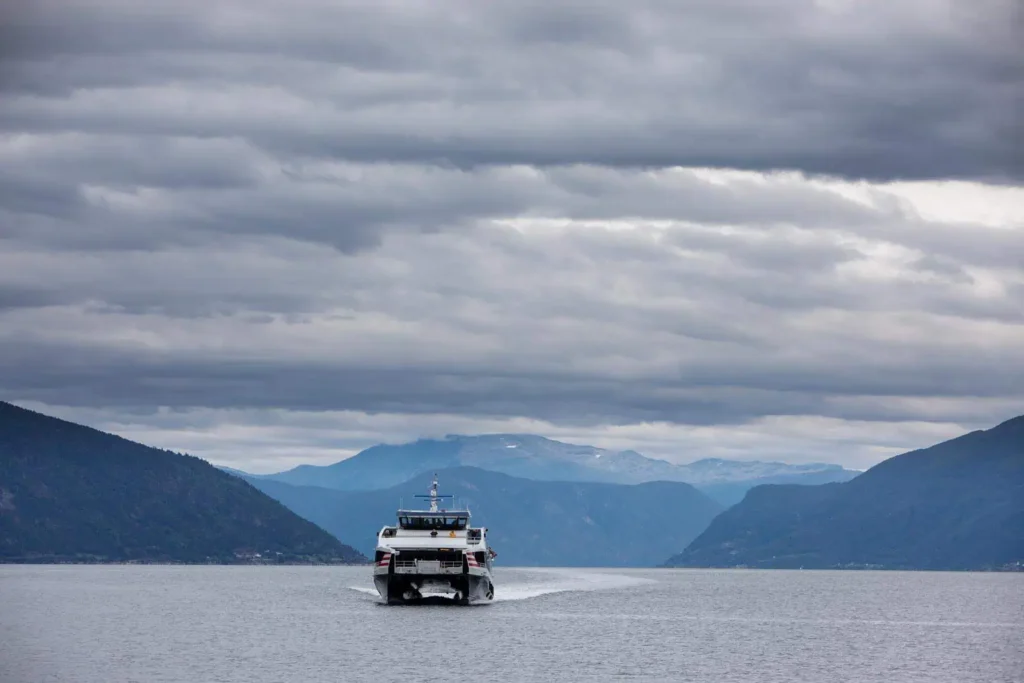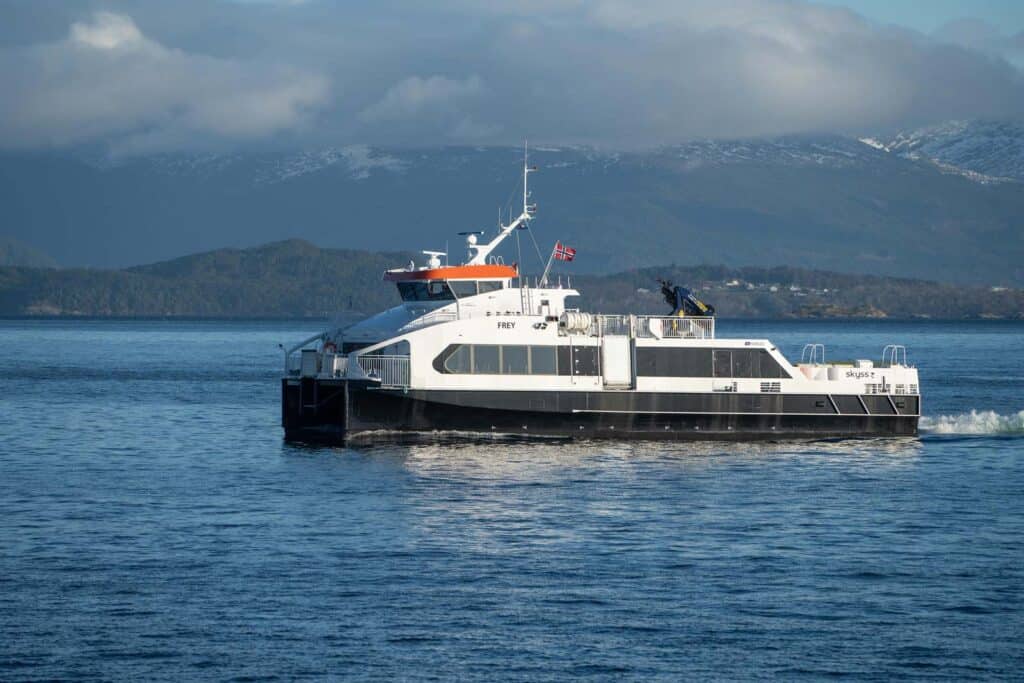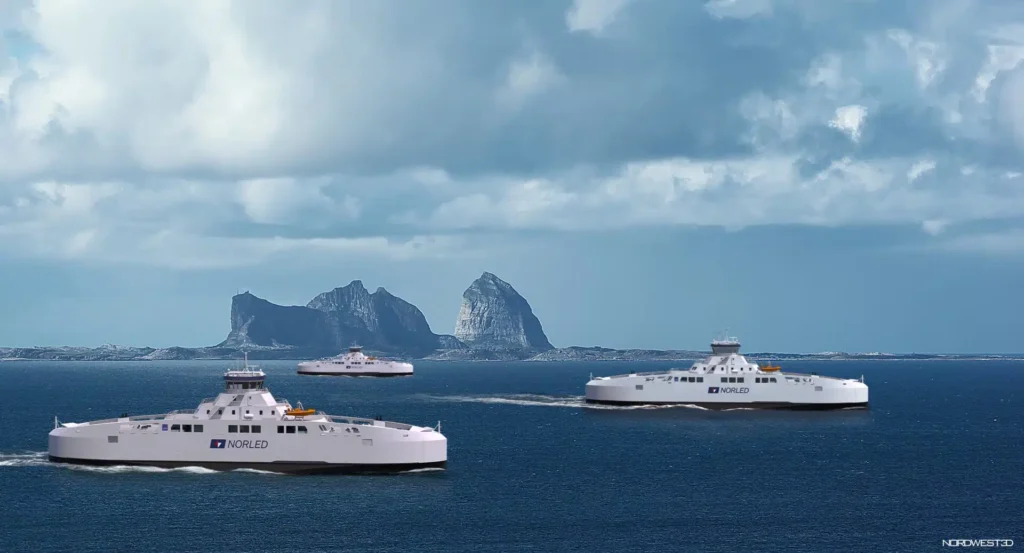The Bodø-Moskenes route is Norway’s longest ferry link. Wolden believes that the government’s commitment to hydrogen ferries on the route will give Norway a head start in the development of a new and climate-friendly growth industry.
– “The government’s decision is not only important for the climate and the environment. By investing in hydrogen, Norway is also creating green jobs and opportunities for a new export industry, while at the same time reducing the emissions associated with necessary ferry transport,” says Wolden.
Norled is one of Norway’s largest ferry companies, and has been a leader in new maritime technology. The company built the world’s first battery ferry, and now has the world’s first hydrogen ferry under construction at Westcon in Ølen.
In the work to create a strong Norwegian hydrogen cluster, the focus on hydrogen ferries will be central, Wolden believes.
– “Demand from ferries and express boats is crucial for creating the necessary volume for hydrogen production in Norway. Major Norwegian industrial players are ready to invest billions in ready-made projects, but the money would have disappeared to projects in other countries if Norway had not seized the opportunity now,” says Wolden.
She believes the hydrogen venture across the Vestfjord will also provide local and regional growth for Lofoten, while strengthening the region’s green profile.
“Hydrogen-powered ferries on the Vestfjord will be noticed all over the world. Through access to liquid hydrogen, other industries in the area will have an exciting opportunity to take a global leadership position in the development and use of hydrogen technology,” says Wolden.
For more information please contact Heidi Wolden at heidi.wolden@norled.no

